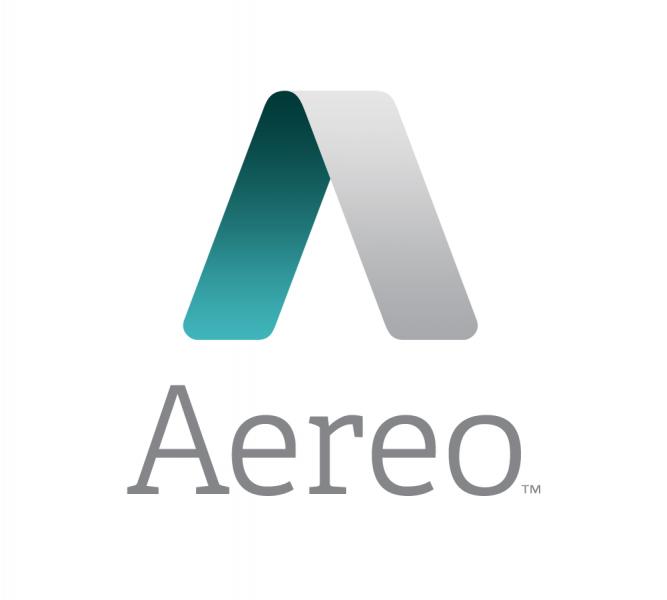Aereo survives another court battle
The professional video industry's #1 source for news, trends and product and tech information. Sign up below.
You are now subscribed
Your newsletter sign-up was successful
Challenging one of the most basic doctrines of the television business, Aereo won a federal appears court challenge this week — handing 17 network television broadcasters a major loss as it heads into its NAB convention in Las Vegas this week. However, the fight is clearly not over, and broadcasters are sure to continue litigation as their only means of holding on to the traditional bundled-service business models.
“This case is still in its early stages,” ABC and NBC said in a joint statement. “We are confident that when the record is fully developed the rights of content owners will be protected.”
Aereo CEO Chet Kanojia understands what he’s up against and told The Verge that he’s prepared for a long fight. “Judging from the past, if litigation doesn't work, then [the broadcasters will] go to Congress,” he said. “That's the path they've taken before.”
In its latest ruling, the Court of Appeals for the Second Circuit in New York has upheld a ruling in favor of Aereo, a start-up service that sells television programming over the Internet without paying broadcasters for the rights. It appears Aereo has found a winning technological formula that has stopped broadcasters from automatically winning copyright claims.

The appeals court affirmed the lower court ruling on Monday in a 2-to-1 decision, saying that Aereo’s streams of TV shows to individual subscribers did not constitute public performances, and thus the broadcasters’ copyright infringement lawsuits against the service are unlikely to win on the merits.
The court cited an earlier case where it ruled in favor of Cablevision, which rents digital video recorders to subscribers.
“We conclude that Aereo’s transmissions of unique copies of broadcast television programs created at its users’ requests and transmitted while the programs are still airing on broadcast television are not ‘public performances’ of the Plaintiffs’ copyrighted works under Cablevision,” the court said. “As such, Plaintiffs have not demonstrated that they are likely to prevail on the merits on this claim in their copyright infringement action.
The professional video industry's #1 source for news, trends and product and tech information. Sign up below.
“Nor have they demonstrated serious questions as to the merits and a balance of hardships that tips decidedly in their favor. We therefore affirm the order of the district court denying the Plaintiffs’ motion.”
The Court, in relying on its prior decision in the Cablevision digital video recorder case, noted the critical importance of the ability of businesses to rely on existing legal precedent. It found that, like Aereo, it appears that many cloud-based businesses that allow users to store their own content in the cloud “have relied on Cablevision as an authoritative interpretation of the Transmit Clause” of the Copyright Act.
The decision now sets the stage for a full-blown trial for the “surprised and disappointed” broadcasters. Aereo, on the other hand, is emboldened enough to expand beyond New York City to two-dozen more American cities this year.
Barry Diller, the media mogul behind Aereo, told the New York Times: “We always thought our Aereo platform was permissible and I’m glad the court has denied the injunction. Now we’ll build out the rest of the U.S.”
Rather than just take broadcast programming and distribute it over the Internet, Aereo picks up broadcast signals with an array of tiny antennas located in Brooklyn. Subscribers paying about $8 a month receive control over one antenna and can select programming over the Internet. Aereo is essentially renting the antenna to the subscriber, something two courts so far found to be legal.
The array of antennas allows Aereo to rent directly to the viewer and thus avoid the retransmission fees that pay television operators now pay for access to broadcast stations.
The 17 broadcasters, including CBS, Comcast, News Corporation and the Walt Disney Company, filed two suits against Aereo more than a year ago. However a district court judge denied the request for a preliminary injunction last summer.
Aereo offers television viewers an inexpensive way to subscribe to a limited suite of television programming and gives advertisers yet another way to reach those viewers.
Aereo’s court victories, said the New York Times, may make other companies more comfortable in joining forces with the service; prospective partners include cable channels that want carriage (Bloomberg TV signed the first such deal with Aereo last year) and wireless providers.
The company's success in court might even cause broadcasters to speed up their own plans for streaming programming to phones and tablets.
The New York Times reported that television analysts suggested after Monday’s court ruling that some cable and satellite providers — those that pay billions of dollars in retransmission fees for the right to carry broadcasters’ signals — might start to mimic Aereo’s system to get around the fee requirements, or at least improve their position at the bargaining table. Others, the Times reported, predicted that the broadcasters might lobby Congress to change the law.
“Today’s decision is a loss for the entire creative community,” Fox and PBS said in a statement. “The court has ruled that it is O.K. to steal copyrighted material and retransmit it without compensation. While we are disappointed with this decision, we have and are considering our options to protect our programming.”
Until Aereo, the broadcasters have been able to stop companies like ivi from using their signals. However, those services did not rent subscribers an antenna for reception. That’s been the big differentiator that Aereo is counting on to prevail.
